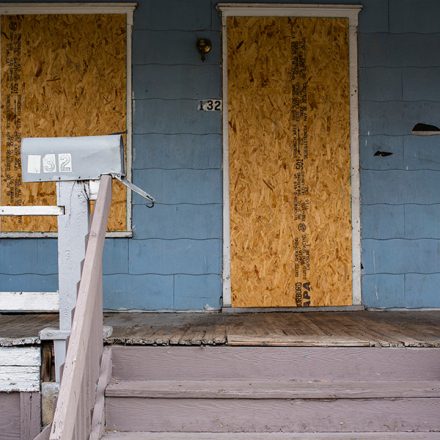Virtually all commercial leases contain an obligation for the property to be returned to the landlord at the end of the tenancy in a good condition and state of repair. A failure to do so could result in compensation payable to the landlord for dilapidations. A tenant is usually obliged to put the property in good repair even if it is not in good repair before it takes possession.
Dilapidations are those items in disrepair that are covered by the tenant’s obligations to maintain and repair the property.
Maintenance and repair obligations
The lease is likely to impose a standard of maintenance and repair obligations during the term of the tenancy, and at expiry of the term of the tenancy. It is important to obtain advice before entering the lease as the wording of the covenants imposes different levels of responsibilities. This has a direct impact on any claim for dilapidations.
If the property is not maintained pursuant to the obligations, the landlord may be entitled to exercise its rights under the lease and formally commence the procedure for works to be carried out by the tenant in compliance with the leasehold obligations.
End of a lease
At the end of the lease, the tenant is required to hand the property back to the landlord in the condition set out under the terms of the lease. If the tenant does not do so, the landlord may be entitled to serve a notice to reinstate on the tenant together with a Schedule of Dilapidations which will set out the breaches of lease, and the remedial work required and the costings.
Dilapidations is a complex area of law and can result in a claim of tens or hundreds of thousands of pounds. It is therefore essential to remember three important things when entering into a commercial lease:-
- Seek advice from both lawyers and surveyors when taking a lease. You could agree a Schedule of Condition at the outset so that you are not obliged to put the property in any better condition than the property is in when you take the lease;
- Be aware of and comply with your obligations and liabilities under the lease in respect of repair and reinstatement; and
- Obtain proper advice from lawyers and surveyors in respect of pursuing, or receiving, any claim for dilapidations. Edwards Duthie Shamash are able to advise and assist on entering a lease, and the terminating and resulting dilapidations.
Why choose Edwards Duthie Shamash?
Our property litigation knowledge is vast. Our Dispute Resolution team are able to work closely with our specialist commercial property lawyers to understand and support your key objectives be it as an individual or business.




